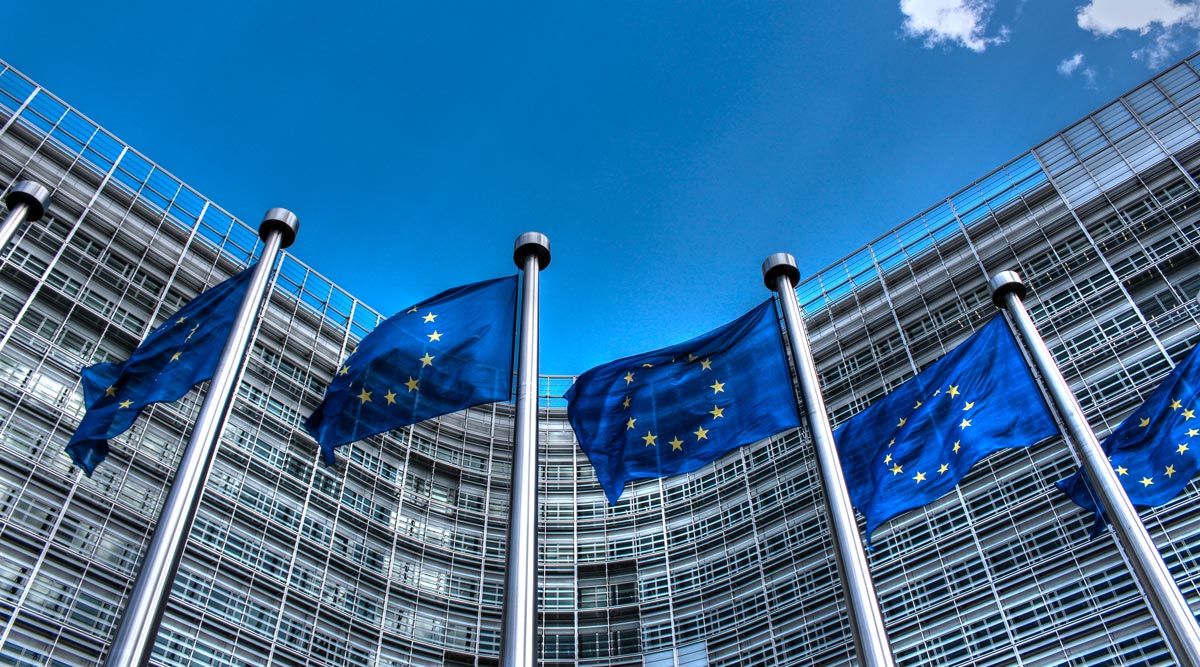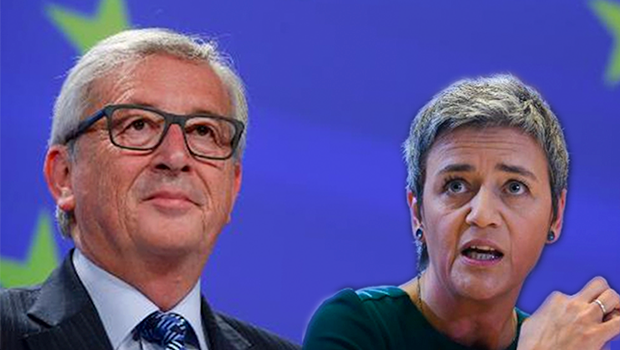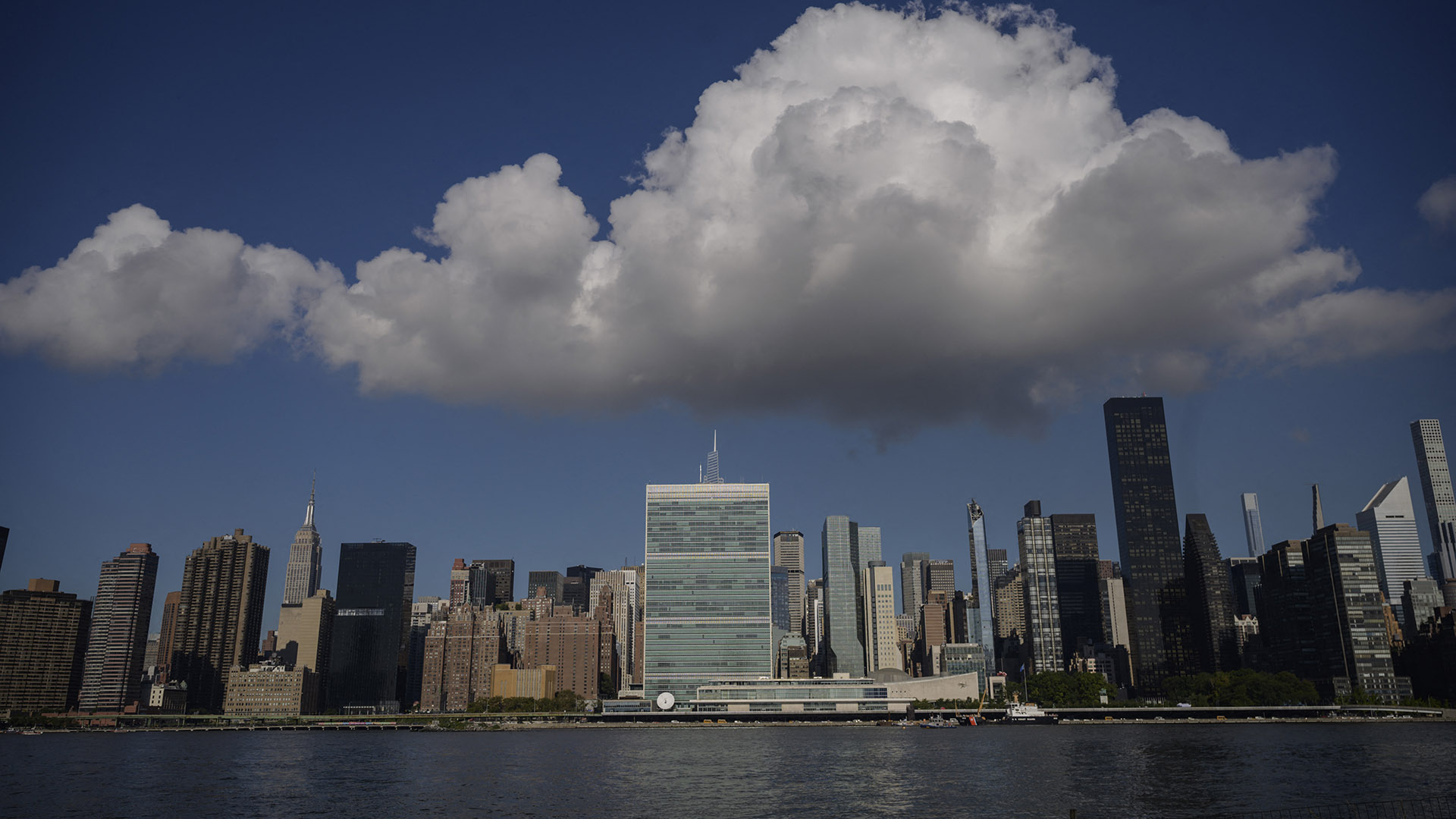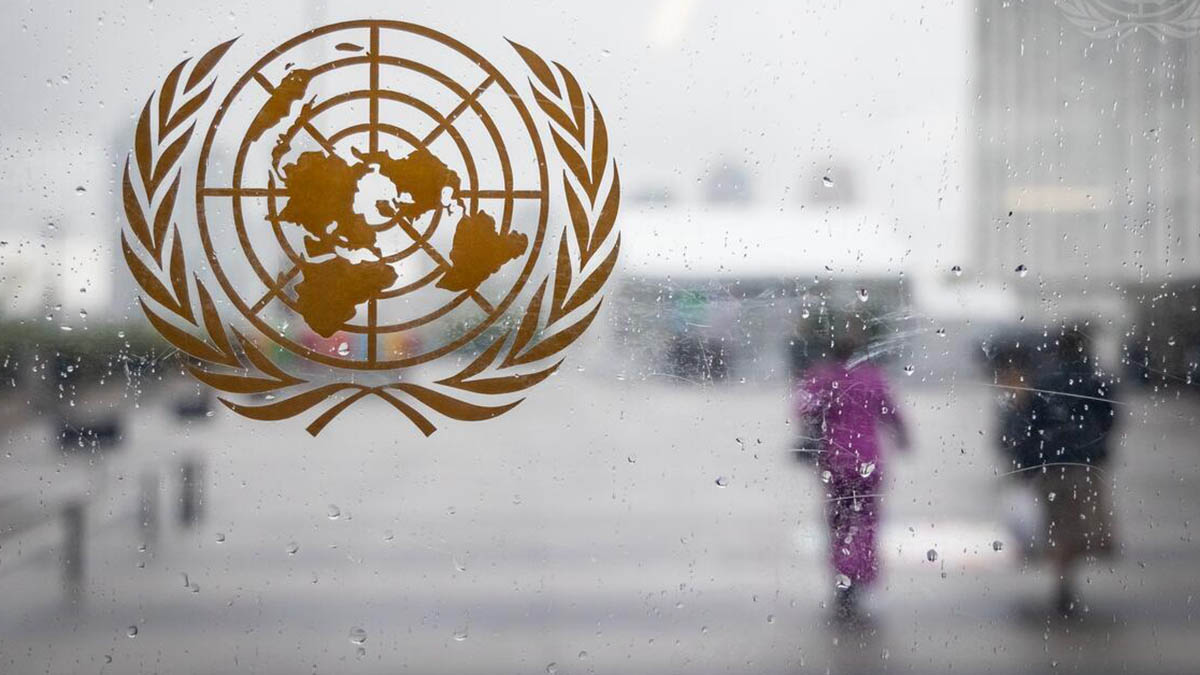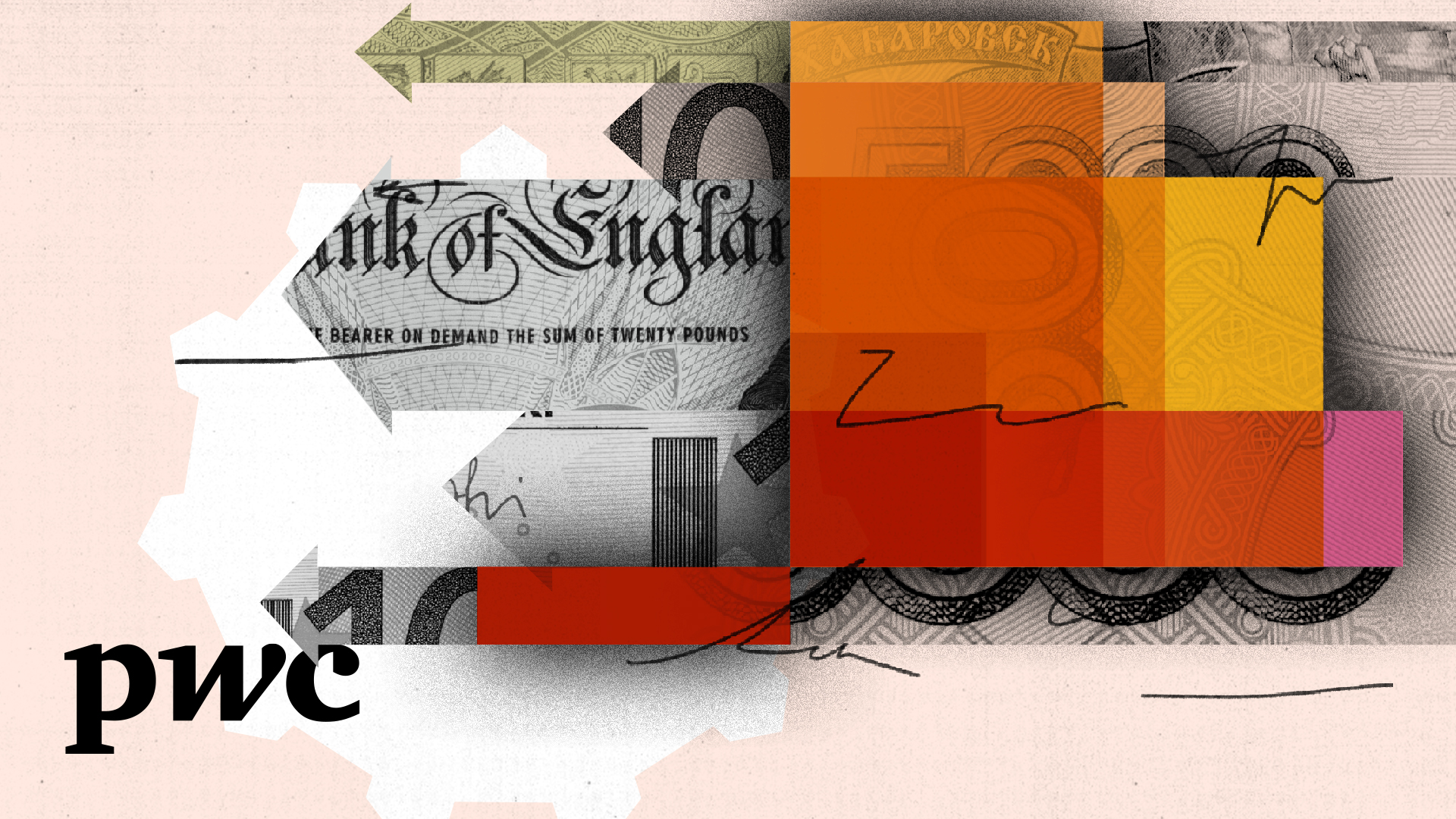A committee of the European Parliament has found that seven of the European Union’s own member states — including Ireland, the Netherlands and Luxembourg — behave like tax havens.
Members of the European Parliament from across the political spectrum, including conservatives and socialists, reached their finding after a year-long inquiry, sparked by three International Consortium of Investigative Journalists projects — Luxembourg Leaks, Panama Papers and Paradise Papers.
Reporting by the International Consortium of Investigative Journalists and more than 100 media partners over the past five years used leaked data from accountancy and law firms to show how many of their largest clients — including global corporations such as Apple, GlaxoSmithKline, Nike, Disney, IKEA, Koch Industries, Allergan, Skype and others — secretly built complex operations in some of the EU’s smallest countries. These operations often served little or no commercial purpose other than to create tax avoidance opportunities across the rest of the continent and beyond.
The MEPs found that seven of the EU’s 28 member states — Belgium, Cyprus, Hungary, Ireland, Luxembourg, Malta and The Netherlands — “display traits of a tax haven and facilitate aggressive tax planning.”
These seven countries include some of Europe’s smallest nations, and together they account for less than 9 percent of the EU’s 512 million population. Among them, only Belgium and the Netherlands have populations over 10 million.
We can see it is the problem because some member states clearly profit from the uneven and unfair situation. – MEP Petr Ježek
Nevertheless, a common appetite for facilitating tax avoidance has propelled some of these EU member states — including Luxembourg and the Netherlands — close to the top of the global per capita rich list, by some measures.
The parliamentary committee’s findings will put pressure on other EU institutions, including the European Commission and EU Council, which have so far refused to acknowledge that any of the EU’s member states are tax havens.
The subject is especially sensitive for European Commission president Jean-Claude Juncker, who, before taking office, served as prime minister of Luxembourg for almost two decades.
During that time, Juncker used controversial, business-friendly tax policies to transform the EU’s second smallest state from a fading steel-based economy into a popular regional hub for multinational businesses.
The extent of the secret tax advantages Juncker’s Luxembourg had offered global firms was revealed in ICIJ’s Lux Leaks investigation in 2014.
Releasing the European Parliament’s report, Petr Ježek, chair of the investigating committee, explained that the seven EU states singled out by the report had been able to act with effective impunity for years because they had the power to block meaningful tax reforms in the EU Council, where tax measures must be agreed unanimously by all member states.
“All the unanimity [requirements] in the Council, of course we can see it is the problem because some member states clearly profit from the uneven and unfair situation,” Ježek said. All MEPs on the committee shared “great concern” over EU countries “lack of political will” to tackle tax avoidance, evasion and financial crime.
As well as addressing tax avoidance, the committee produced a wide range of additional recommendations. One of its proposals was for the Commission to explore the possibility of setting up a dedicated financial police force and an EU-wide anti-money-laundering watchdog.
As for the future direction of international tax reform, the MEPs concluded that a global collaborative process, under the United Nations, should be pursued.
Other recommendations included: the phasing out of so-called “golden passports,” whereby non-EU citizens can acquire citizenship in exchange for large investments locally, and calls for the United States to better assist European tax authorities or face penalties.
The committee said whistleblowers and investigative journalists working in the area of tax avoidance and fraud should be offered better legal protections. The MEPs suggested greater financial rewards be offered to whistleblowers, recommending payouts similar to those on offer in the U.S.
